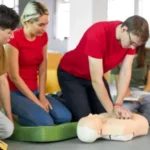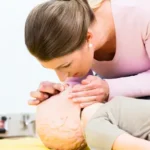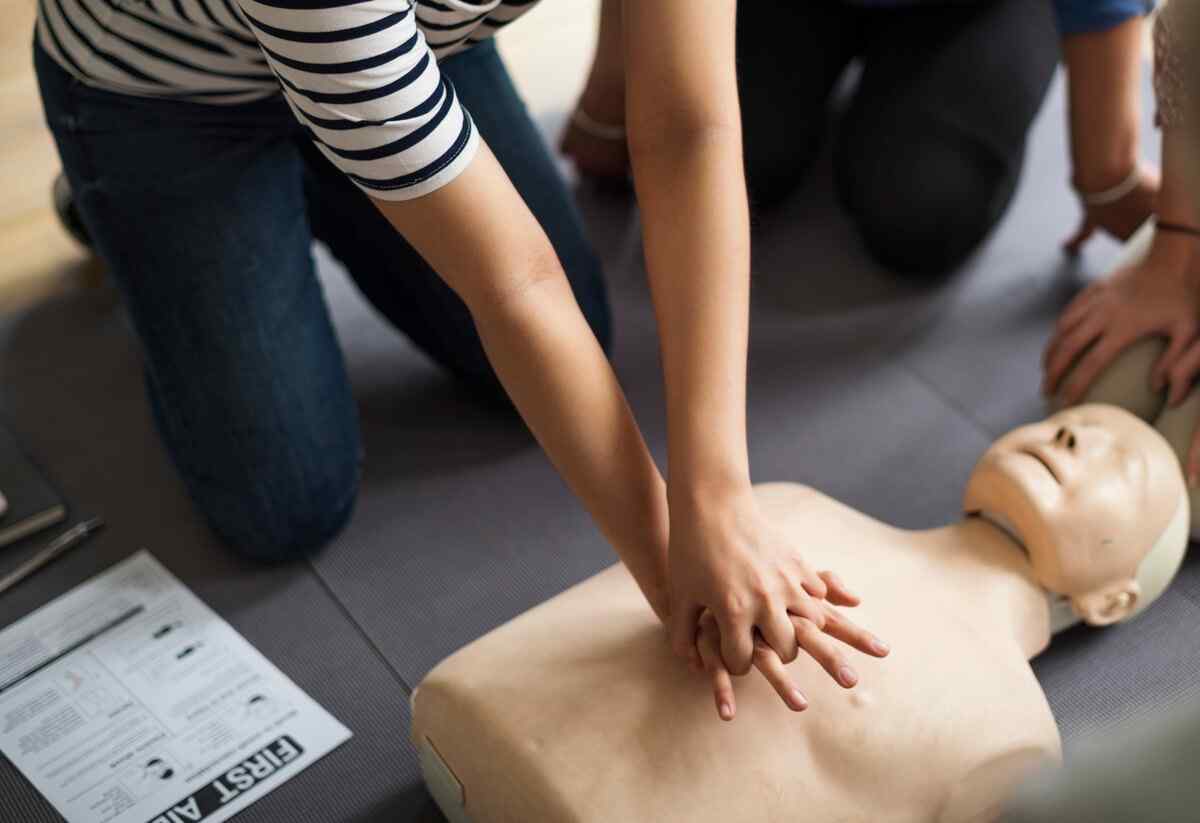If you are a personal trainer, have you ever imagined a scenario in which you are working with a healthy client but shortly into the high-intensity interval training routine, your client completely passes out and becomes unconscious? You panic and check their pulse, but you can’t detect it on their neck or wrist, and they are not breathing. In this case, your client is showing classic signs of sudden cardiac arrest. To save your client, your critical thinking skills and next step of action are crucial. Every second counts. But are you aware of what to do next to save lives? If reading this situation gives you the chills, start thinking about the useful and life-saving best CPR training and CPR certification for trainers from American HealthCare Academy.
Fitness Related Emergencies
Those who love to exercise and work out also love to test their endurance limits. They sometimes do an extra set or repetition. Not to forget, there are those who workout intensively. As a trainer, it’s important to check on your clients and protect them from getting injured. Yet, your clients might still sustain injuries for many reasons. Common workout injuries that can occur are:
- Muscle sprains
- Knee injuries
- Swollen or sore muscles
- Injury to Achilles tendon
- Painful shin area
- Bone fractures
- Joint dislocations
Cardiac arrest during exercise is now becoming prevalent. Despite being regular at the gym and eating healthy, there are multiple cases shown in the media where a famous personality becomes a victim of cardiac arrest. Cardiac arrest occurs because the heart stops pumping blood throughout the body. If it’s not treated pronto, it can be fatal. Even after a cardiac arrest, the victim’s blood still contains oxygen, which can support vital body processes. CPR is an emergency medical treatment where one needs to perform manual chest compressions and ventilation to oxygenate the body until emergency personnel arrive on the scene.
Physical Exercises and Cardiac Arrest
The majority of victims who experience cardiac arrest while engaging in strenuous physical exercises already have a history of heart disease or hereditary disorders such as:
- Any hereditary anomaly, such as hypertrophic cardiomyopathy (HCM), which causes a segment of the heart muscle to thicken that doesn’t allow the smooth pumping of blood. It results in disturbing the cycle of pumping blood.
- An abrupt development of a blood clot in the heart restricts and reduces the blood flow, which can be harmful to a healthy heart that is not habitual of functioning with low blood flow.
- Steady and gradual buildup of cholesterol and other substances over time causes plaques, which are basically the accumulations of fat, cholesterol, and other substances in the arteries that carry blood to the heart muscle. A blood clot forms when this plaque ruptures in the heart’s artery. This can result in cardiac arrest.
Best CPR Certification for Trainers
Today, the demand for health and wellness programs and instructors is higher than ever. Just like you need to get a fitness trainer certification to work at a gym, many modern gyms now also need CPR certified trainers to cut the legal dangers associated with hiring fitness instructors and trainers who lack the necessary education and credentials. Having the best CPR certification for trainers makes it simpler for you to find work in the fitness sector.
Are you already thinking about what CPR certification personal trainers need? You can take the American HealthCare Academy’s CPR/AED online certification course. How long does CPR certification last? After a few hours of lessons and a thorough test, you will receive your certification, which is nationally accredited and can be renewed after two years.
Conclusion
Although you can work as a fitness instructor without a CPR certification, ideally, you shouldn’t. Due to the nature of your profession as a fitness instructor, you are more prone than most other professionals experiencing cardiac arrest incidents. Your employment possibilities also become limited if you lack the education or expertise required to handle these circumstances. So, what kind of CPR certification do personal trainers need? Enroll now in American HealthCare Academy’s online CPR AED certification course to learn the comprehensive curriculum and save a life.













